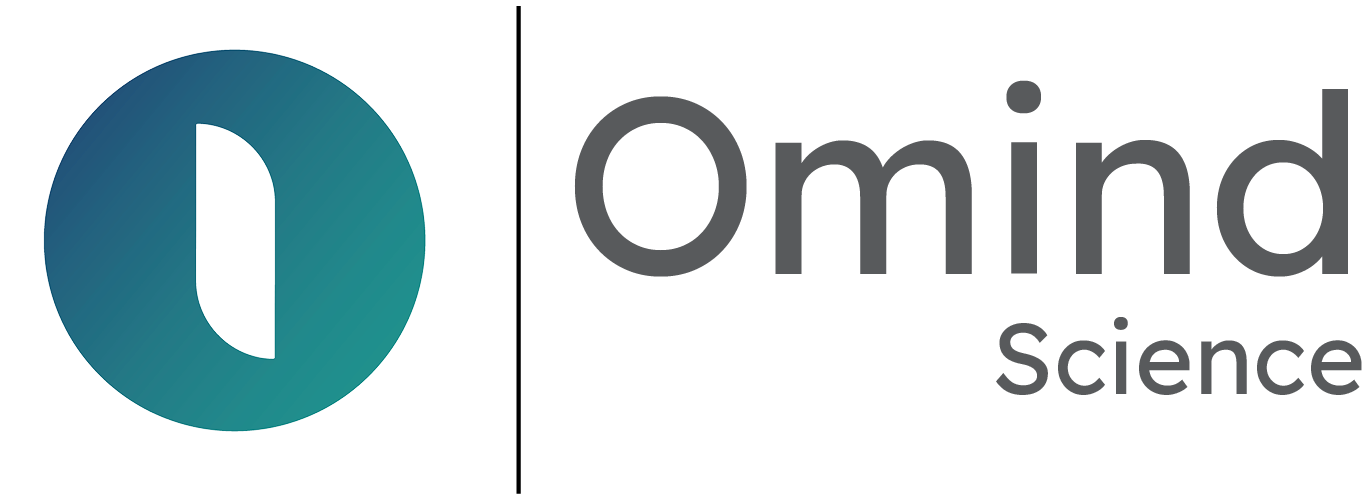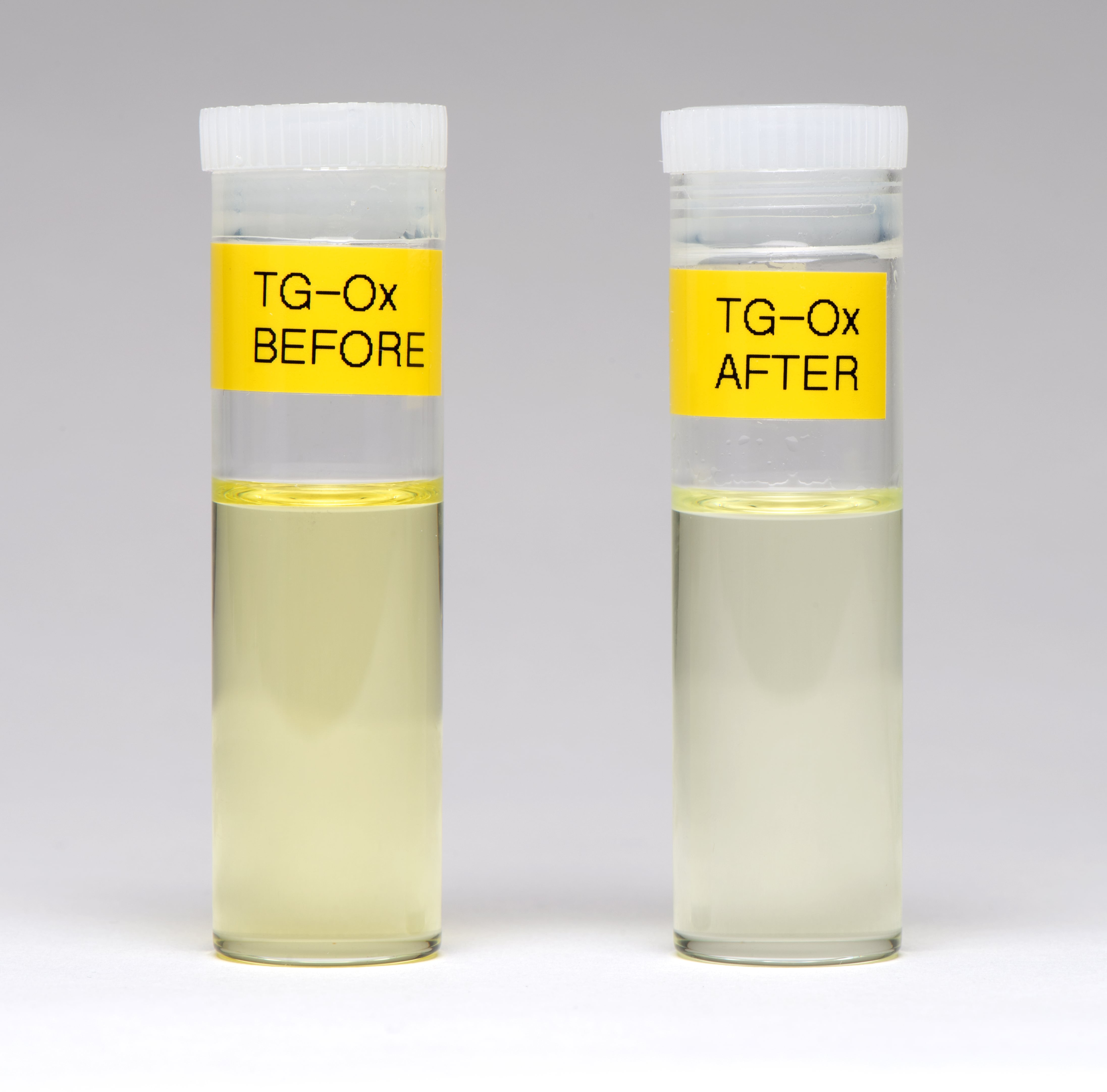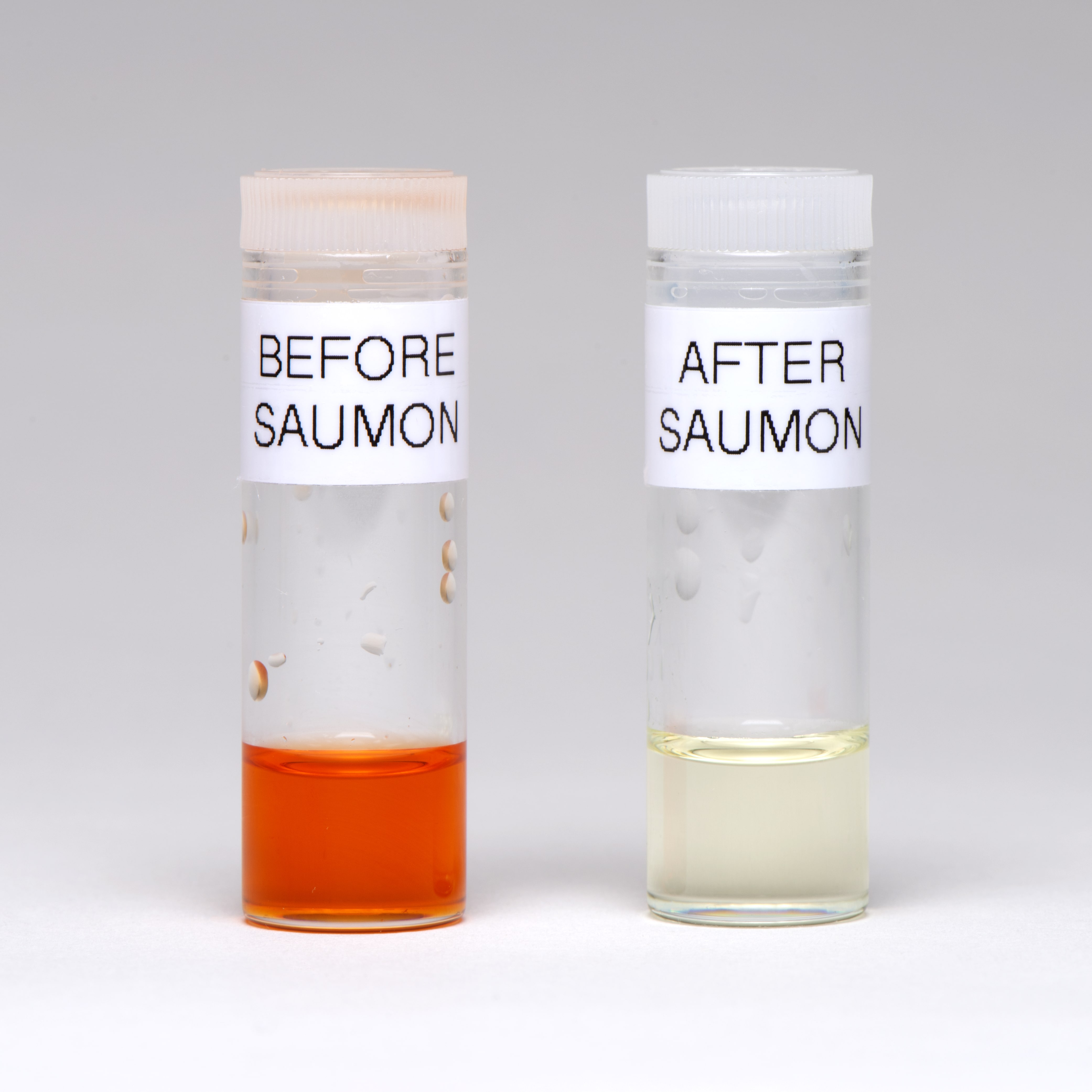
Advancing the preservation of fish oil quality to maximize Its health benefits for all
Development of Innovative, Sustainable Purification Solutions
Proprietary Innovative Processes for Refining Omega-3 Fatty Acids Oils
ABOUT US
Omind
Science

Established in 2020 in Canada, Omind Science is a leader in advanced chemical processing, specializing in innovative solutions for the edible oil industry. Initially focused on developing state-of-the-art extraction and purification technologies, the company has transitioned to prioritize its proprietary Edible Oil Advanced Single-Step Integrated System (EOASIS). This cutting-edge technology redefines Omega-3 oil refinement, achieving superior taste, colour, aroma, and shelf life that exceed industry standards. Omind Science is actively collaborating with global stakeholders to demonstrate the exceptional performance and adaptability of EOASIS, driving transformative impact across the sector.
With Omind's EOASIS, the difference is clear.
Our vision is to advance the development of innovative and sustainable filtration and purification processes so that people can access the highest-quality Omega-3 oils.
Approach
Omind Science has developed an Edible Oil Advanced Single-Step Integrated System (EOASIS) that revolutionizes the refinement of Omega-3 oils, surpassing industry standards by enhancing organoleptic properties (taste, smell, and color) and extending shelf life. In a single refining step using food-grade sorbents, EOASIS achieves near-zero peroxide values, removes free fatty acids (FFAs), reduces volatile organic compounds (VOCs) and anisidine values, and eliminates phosphorus, organic and inorganic arsenic, and other metals. This versatile process can be integrated upstream, midstream, or as a final super-purification step, complementing but not replacing distillation, and serving as an effective polishing stage. EOASIS offers a competitive edge in the rapidly growing Omega-3 market.
REQUEST BROCHURE
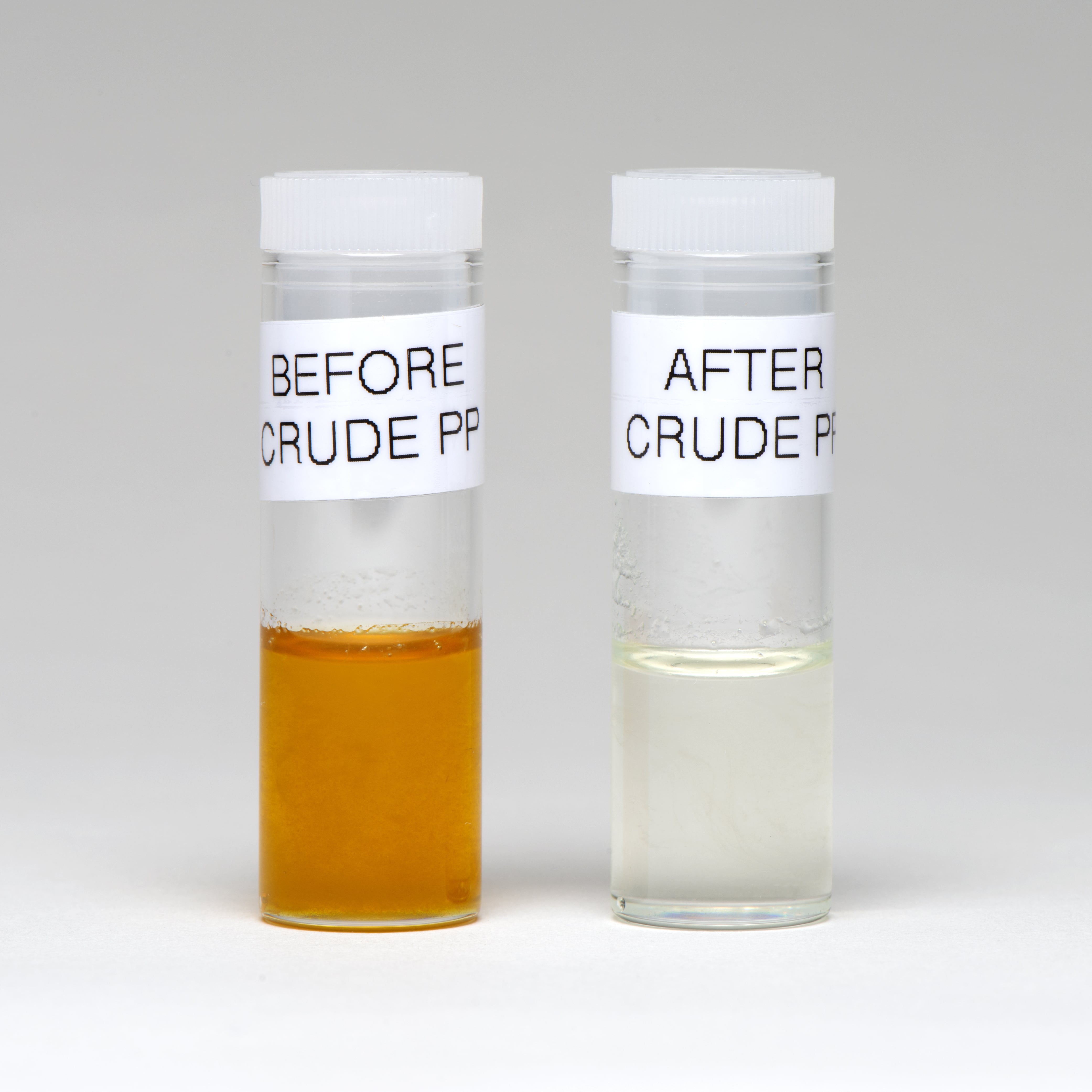
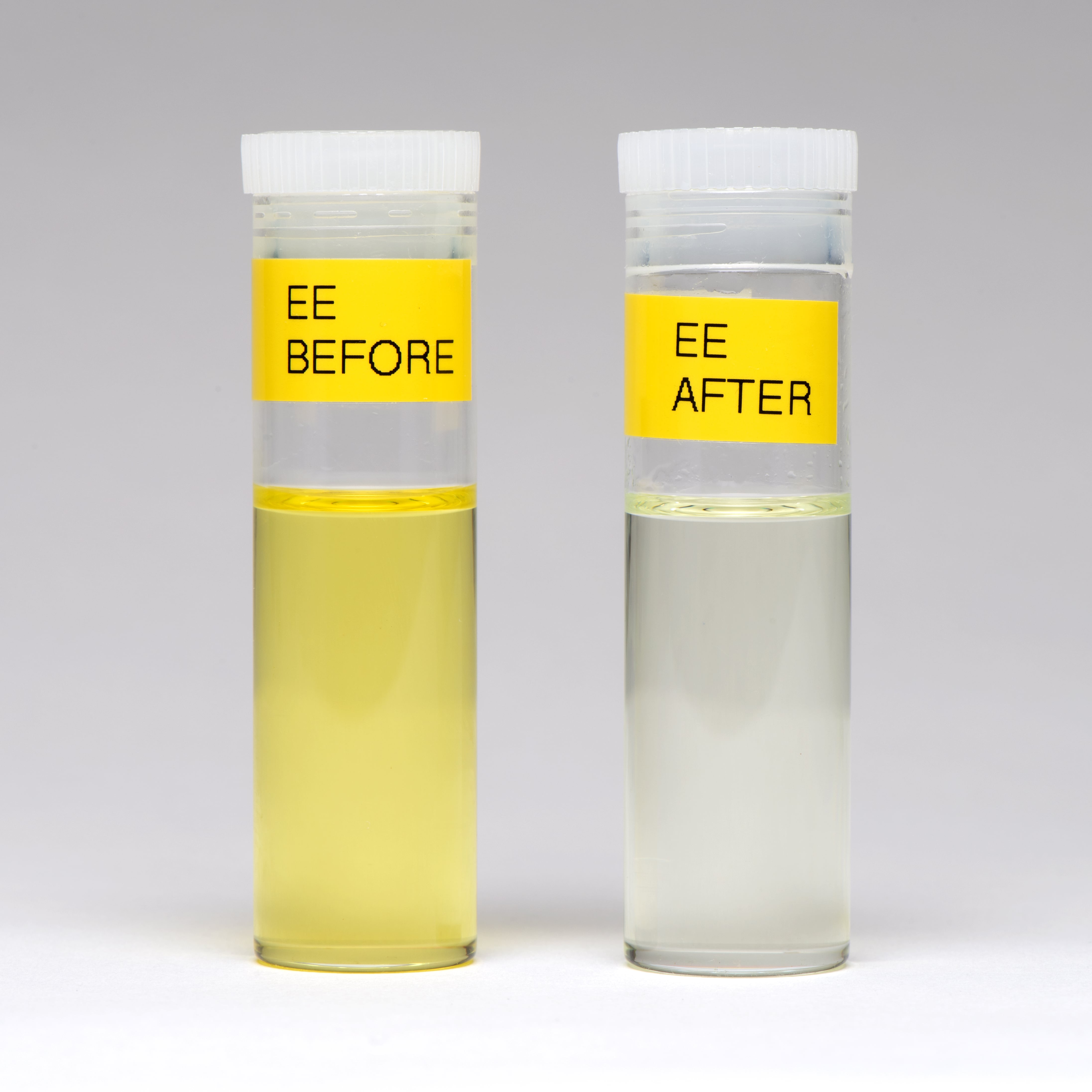
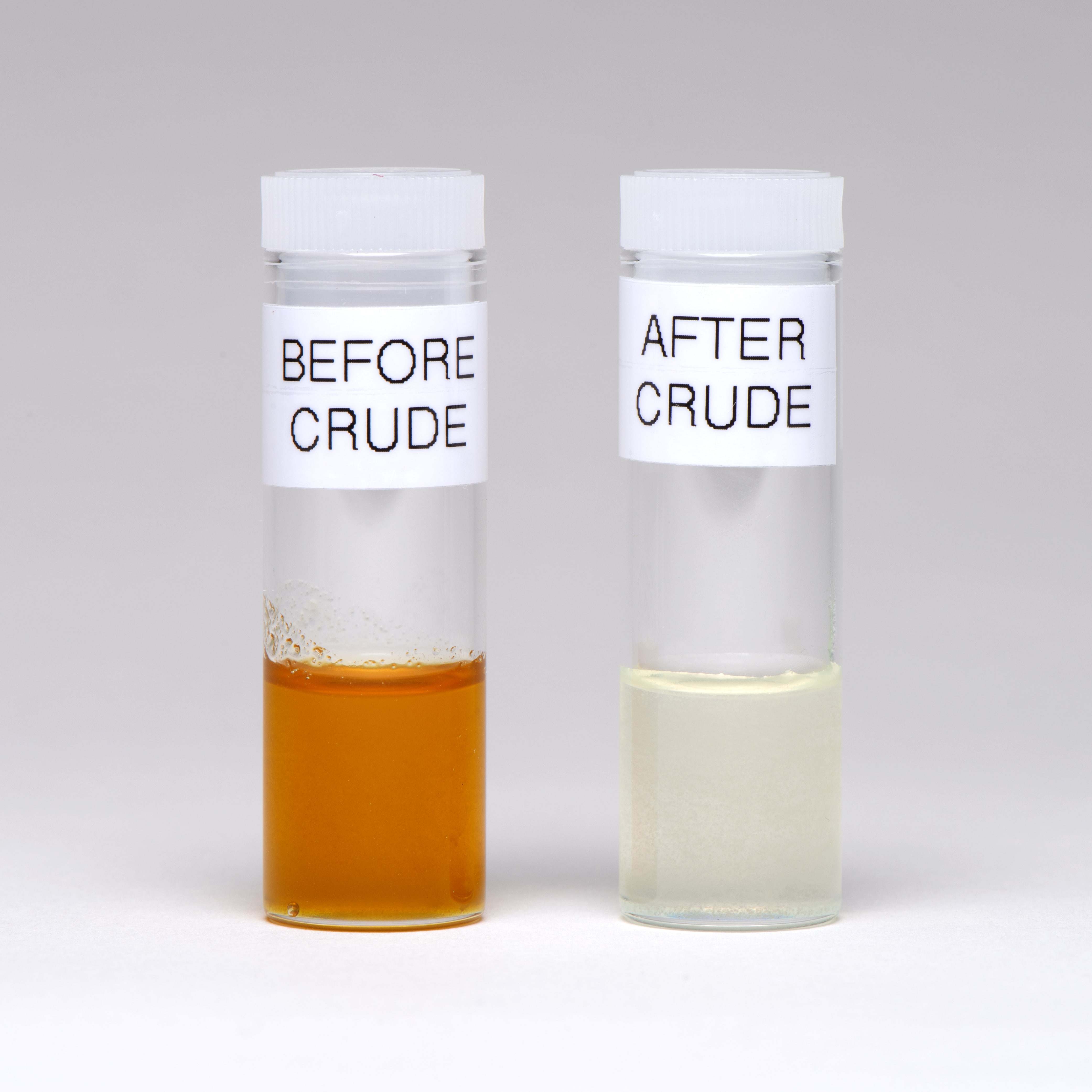
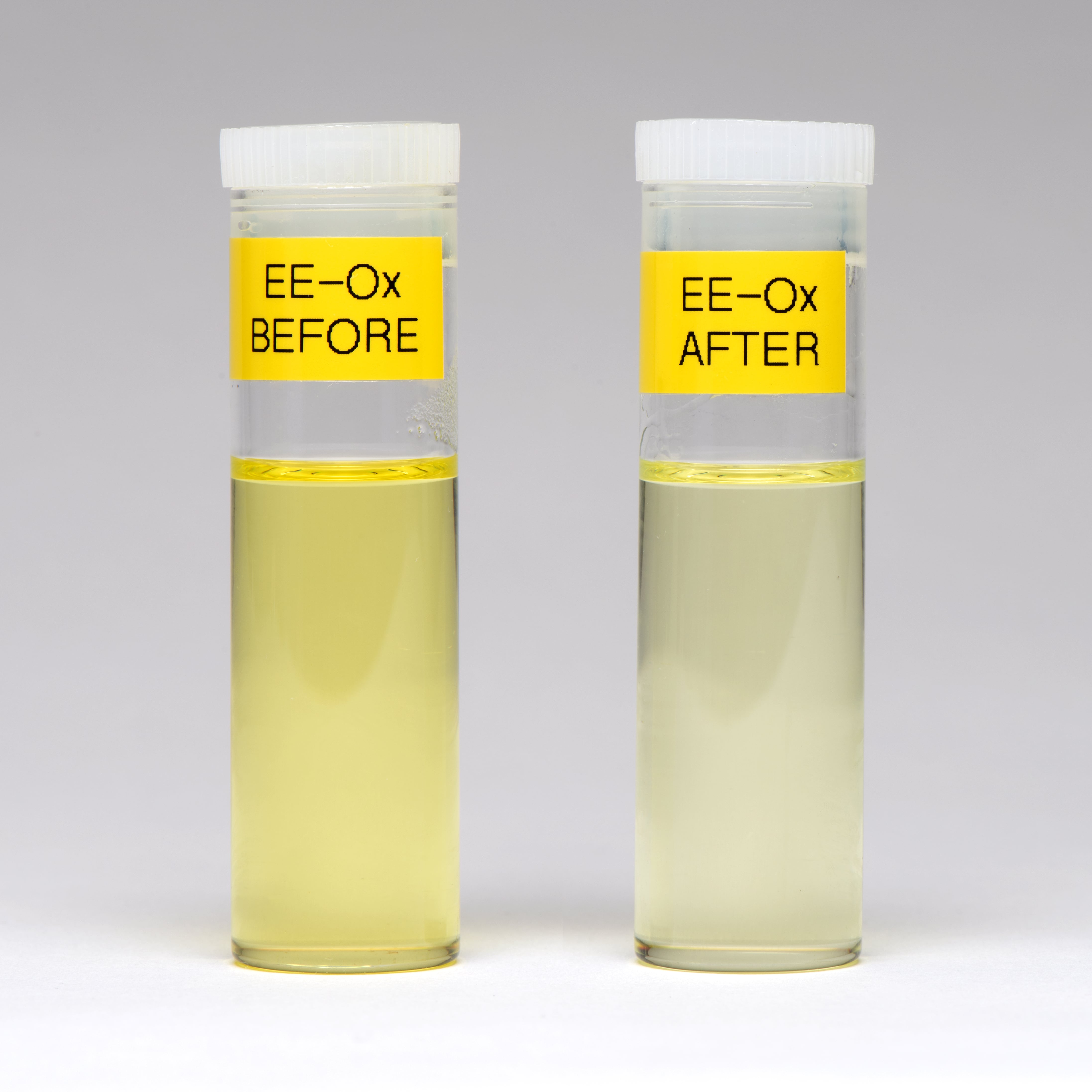
Research

Omind’s network of provincial and federal partners, R&D institutions, private organizations, and in-house and consulting experts in chemistry, manufacturing, quality control, regulatory affairs, and business development offers a unique opportunity to deliver significant value for Omind and its industrial partners.
